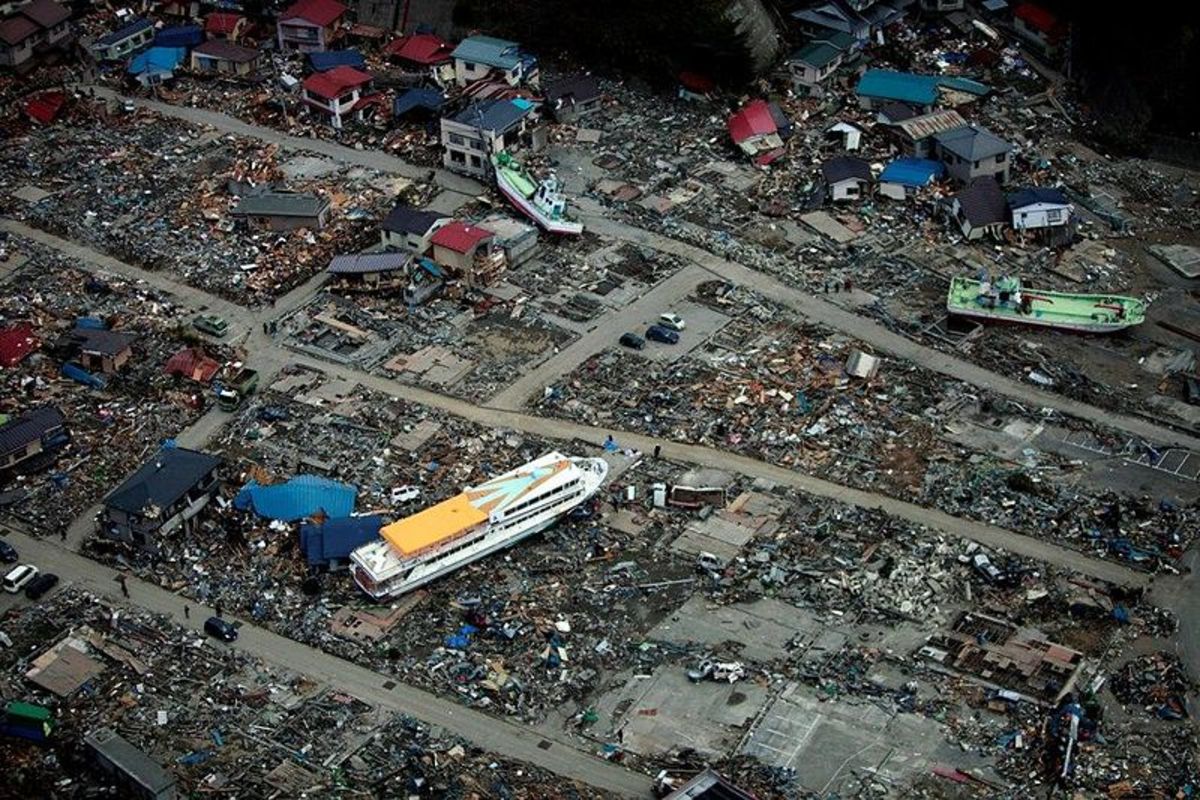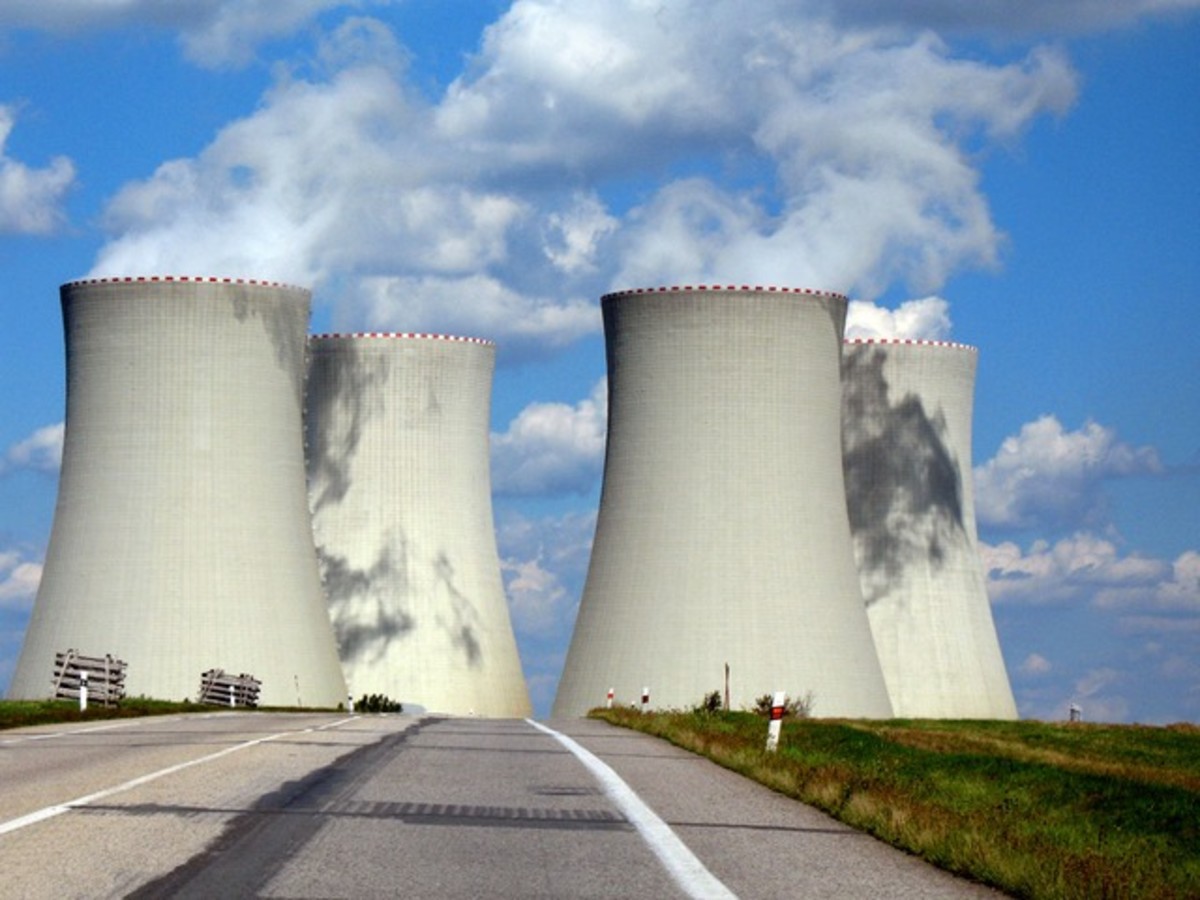Will Japan replace nuclear reactors with Thorium?
In light of the nuclear disaster in Japan, do you believe the Japanese people will allow their Government to replace the nuclear power stations with uranium reactors again? I think it will not, and the disaster will stop most countries with a history of natural disasters from going ahead with uranium based reactors if the public have any democratic say in it. America is checking it's reactors and the fear of nuclear meltdowns has changed the face of German politics.
This disaster has understandably scared the daylights out of the masses, but one or two things need to be said to allay some of the less rational fear.
- This is no Chernobyl, and there are good reasons why the events of Chernobyl will not be repeated in Japan or elsewhere.
- The fallout of radio activity in Japan has a very short life and loses almost all of it's life threatening capacity seconds after it forms, most of the seriously dangerous radioactivity is lost before it makes it out of the building itself.
Chernobyl used graphite, a carbon instead of water. When Chernobyl exploded this enabled the long term radiation to be carried high in to the atmosphere inside the graphite where it could be distributed over a wide area. The plants in Japan do not use graphite , it uses water which does not isolate the radioactive particles allowing it to gain altitude in this way. There is other graphite technology these days which are much safer, but why not consider thorium first. It is massively safer than uranium.
- The waste from a thorium plant becomes inactive in only 500 years.
- Uranium's bi-product takes more like 10,000 years to degrade sufficiently to be considered safe.
- The world is running out of uranium and we have plenty of thorium. The main reason that uranium was used instead of thorium was to do with price in the first place, when it was first considered in the early 1960's
This is my rationale.
It seems unlikely that countries will carry on building new nuclear power stations without giving some thought to using Thorium in future power stations in place of uranium.
I have not been able to see any valid reason not to switch to thorium so far, but will continue to look for any further information I can find. If thorium is indeed as safe as the science tells us, surely it presents a way forward in creating safe compact power stations with very high output which is the reason for using this type of power station for countries like Japan who have very little in the way of their own natural fuel resources.
There is an excellent article explaining alternatives here. http://www.smartplanet.com/technology/blog/thinking-tech/a-meltdown-proof-nuclear-reactor-may-alleviate-fears/6494/.








